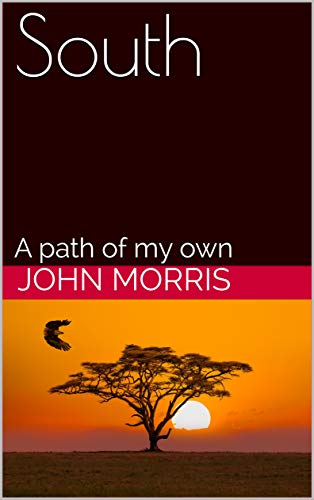This nomadic life of ours has gotten us out of the coastal parts of the country where — when we’ve lived in the U.S. — we’ve always lived, and into the middle, rural, and small-town parts of the country we previously knew nothing about. It’s exposed us to people and places that our friends on the two coasts can’t picture or imagine. Life is so different outside the urban areas where our friends live that you can’t comprehend it or understand it without spending time in it.
People in rural America — in red-state America or Trump country — feel overlooked and disrespected. They take it as a matter of course that for the rest of their lives things are only going to get worse for them — economically, politically, culturally, and spiritually. To them, elite negligence in the face of this national decline is a core issue.
As rural Americans look at their lives and their prospects, they conclude that life has taken a turn for the worse. Their response is not to hope for — or vote for — politicians who promise to make their lives better. It’s the opposite. They have become determined to get rid of institutions trying to help them, to keep people with educations out of their communities, to retreat from community life, to concentrate on taking care of themselves and their families. They’re not willing to help others in this country — not even their neighbors. They’re against people who don’t look like them or live like them, and hate the thought of government spending money on them. They’re against immigrants, government, and all attempts to help others.
When we first started traveling the country in the months before the 2016 presidential election, the Trump voters we met and spoke to all told us the same things: Lazy, undeserving black people were receiving state and federal money, and they supported Trump because he would stop it.
But it’s not just racial animus that has created the mindset of disaffected rural Americans. They are also opposed to government spending even when that spending is intended to help them. And herein lies one of the ironies that it’s important to understand when looking at the 2020 presidential campaign and election.
Bernie Sanders is proposing a series of economic and social policies which he would argue are intended to help “working-class families” in the United States — the rural middle class and poor among them. But these economic appeals are not going to sway Trump voters who view with disdain anyone proposing to increase government spending — even spending intended to help them. More so if that spending will help others. They support Trump’s efforts to slash the social safety net and eliminate government involvement in health care. There is no way they will support a candidate like Bernie Sanders who is proposing Medicare for all and free college — programs from which they and their families could benefit. Democrats promising to help rural people actually push them further into the embrace of Donald Trump.
Regardless of whether the 2020 Democratic presidential nominee is Bernie Sanders or Joe Biden, any Democratic appeal to rural, red-state Americans which proposes government action to help them or improve the lives of rural Americans will only strengthen Trump’s hold on these voters. If there is a way — and I doubt there is — for Democrats to ever win over some of these voters, it begins with respecting and listening to them — not trying to buy them or help them.


